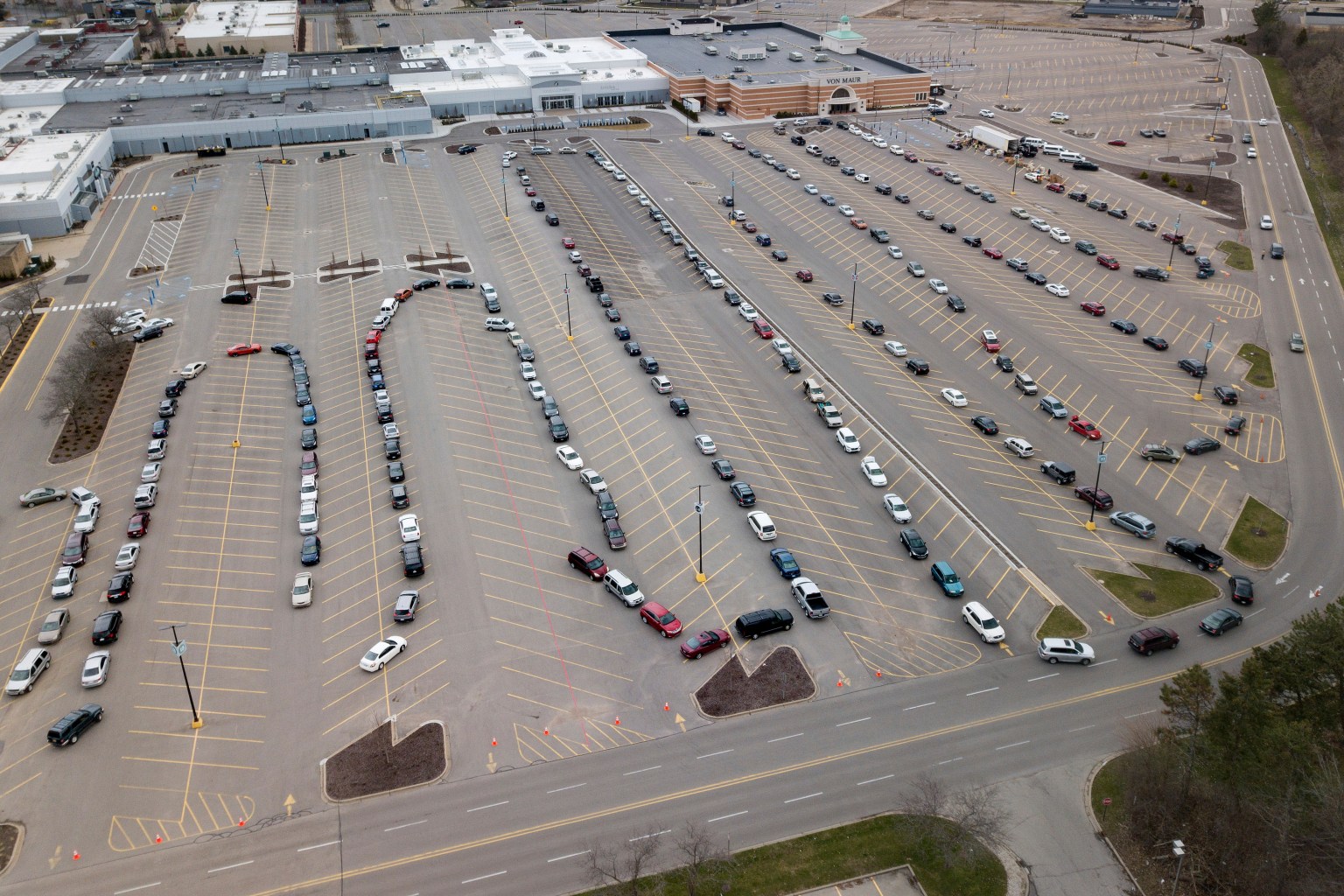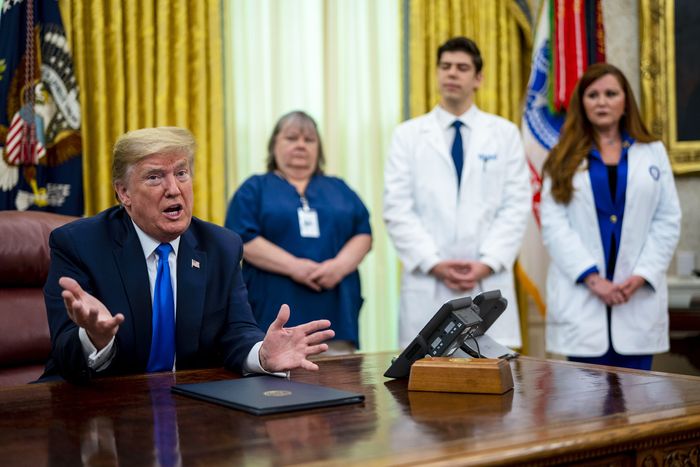Time and time again Donald Trump has claimed to be above the law by virtue of the office he unfortunately holds. Indeed, Trump seems to believe he is equivalent to an absolute monarch of centuries past who can ignore court rulings and provisions of the U.S. Constitution that make Congress a co-equal branch of the federal government with supervision powers over the executive branch - basic concepts once taught in high school government classes. Trump's claims have now reached the U.S. Supreme Court after the lower federal courts have allowed the State of New York to investigate the Trump Organization and its tax returns for possible tax fraud and other state law crimes. Trump has consistently ignored the behavior of those who are innocent and instead has consistently acted as if he has something to hide - which he likely does given the reality that his business practices are more akin to that of a crime syndicate than an above board business enterprise. In a column in the Washington Post George Conway - ever Trump's nemesis - lays out why the Supreme Court should reject Trump's claims of unlimited immunity and underscore that no one, not even the occupant of the White House - is above the law. Here are column excerpts:
Twenty-six years ago, I published my first op-ed. Entitled “‘No Man in This Country … Is Above the Law,’” it addressed news reports that President Bill Clinton planned to claim an immunity from having to respond to Paula Jones’s sexual harassment suit. “In a case involving his private conduct,” I wrote, “a President should be treated like any private citizen. The rule of law requires no more — and no less.”
The piece led to my ghostwriting briefs for Jones, including a Supreme Court brief two years later. The Supreme Court agreed unanimously that Jones could proceed, and, like the op-ed, quoted from the Founders’ debates about the status of the president: “Far from being above the laws, he is amenable to them in his private character as a citizen, and in his public character by impeachment.” Which meant that while a president could be impeached for official misconduct, he “is otherwise subject to the laws” — and therefore could be sued — “for his purely private acts.”
I couldn’t have imagined then that another president would challenge that proposition. Then again, I couldn’t have imaginedPresidentDonald Trump.
But here we are. On Tuesday, the Supreme Court will hear telephonic arguments in three cases addressing whether Trump can keep his tax and financial information from being disclosed, whether from Congress or criminal prosecutors. In Trump v. Vance, which involves a New York state grand jury investigation, Trump’s lawyers argue that, even when it comes to purely private conduct, the presidency insulates him from the legal process.
The case arises from a criminal investigation into the Trump Organization, and it seems there’s plenty worth examining: whether, as suggested by extensive reporting in this newspaper and other outlets, Trump’s businesses may have dodged taxes. And whether Trump’s hush-money payments, made through his lawyer Michael Cohen to porn star Stormy Daniels and former Playboy model Karen McDougal, violated state law.
The state grand jury subpoenaed the Trump Organization and Trump’s accounting firm, Mazars, seeking tax returns and financial records. Trump sued to block the subpoena to Mazars — on the ground that he’s president. The lower federal courts rejected his pleas, and now he’s in the Supreme Court. Where he will lose — or should.
To say Trump’s argument is frivolous demeans frivolity. Clinton v. Jones dictates the result: The subpoenaed documents have nothing to do with Trump’s presidential duties — zip. That alone does it.
But Trump’s case is even weaker than Clinton’s. At least Clinton was being sued personally. He ultimately had to give evidence himself, which he did (infamously) at a deposition. But because the suit had nothing to do with presidential duties, the Supreme Court said it could proceed.
Here, Trump hasn’t been charged with or sued for anything. He’s not being required to do anything. The subpoenas have been directed at his company and his accountants. They don’t require his time or attention.
Trump’s position stupefies. In essence: Authorities can’t investigate anything touching his personal affairs — including, ahem, payments to pornographic actresses — because he’s president. Think of the logic: Not only does the president enjoy a personal constitutional immunity — his businesses do, too.
[P]residents have given evidence in criminal matters many times — including ones touching them personally. Chief Justice John Marshall ordered President Thomas Jefferson to produce documents in Aaron Burr’s treason case. A unanimous Supreme Court ordered President Richard Nixon to turn over the Watergate tapes, and rejected a claim of presidential privilege — in a case in which Nixon was named an unindicted co-conspirator. Clinton provided grand jury and criminal trial testimony in the Whitewater and Lewinsky investigations — matters in which he was potentially a target.
A short answer is one the court gave in Jones, where Clinton raised the specter of countless private plaintiffs bringing meritless suits: Courts can address vexatious litigation case by case, and if that doesn’t suffice, Congress can legislate a fix.
A more fundamental answer, though, may be found in an amicus curiae brief in the Vance case, a brief submitted by the Protect Democracy Project and joined by me and 36 other conservatives: “The Constitution is concerned with the supremacy of federal law, not the supremacy of federal officials.”
Likewise, the Constitution is concerned with protecting the presidency, not the person who happens to be the president. That’s because no one in this country is above the law. The Supreme Court is now called upon to teach that lesson once again — even if Trump will likely never learn it.
















